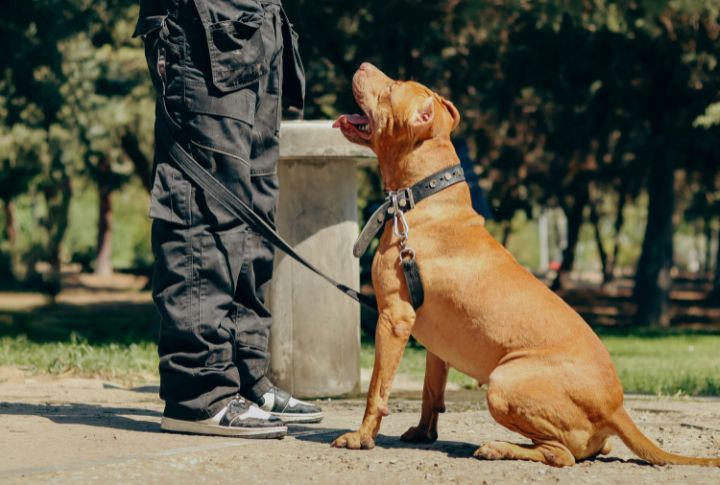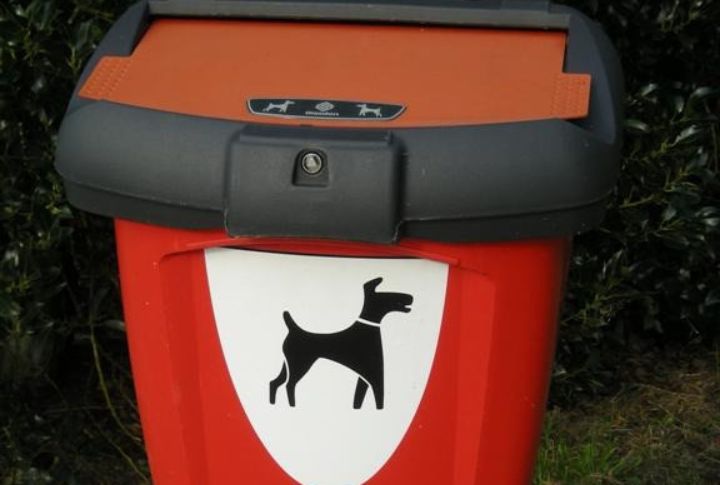10 Impacts Of Dogs On The Urban World

Cities are constantly evolving, and the surge in dog ownership is one of the driving forces behind this change. With more dogs in urban spaces, the conversation has shifted from whether dogs belong in cities to how cities can adapt and thrive alongside their four-legged residents. As we explore these impacts, it’s clear that dogs are not just pets—they’re shaping the future of urban living.
Real Estate Is Becoming More Pet Friendly

Developers increasingly design residential spaces with dogs in mind, recognizing their growing presence in urban life. Many apartment complexes now feature dog-washing stations and breed-inclusive policies to attract tenants. As more people seek pet-friendly housing, real estate is shifting from optional pet accommodations to a widespread expectation.
Parks And Public Spaces Are Designed With Dogs In Mind

Dog parks are rapidly becoming a common feature in cities. For instance, in places like Seattle and San Francisco, dog parks have grown to rival children’s playgrounds. Urban planners are now setting aside dedicated land for off-leash areas to ensure dogs have safe spaces to exercise while reducing conflicts in busy pedestrian zones
Cafes And Restaurants Are Catering To Canine Customers

Hundreds of eateries in cities like New York now welcome dogs, with many even offering canine-specific menus. Restaurants provide pet-friendly policies to accommodate these furry guests, creating a more inclusive dining experience. As more cities adopt this trend, food establishments adjust their spaces to cater to human and canine customers.
Public Transportation Is Adjusting To More Canine Passengers

Thanks to evolving transit policies that accommodate dogs, pet owners can now explore cities more efficiently without relying on cars. Well-behaved dogs are allowed on subways and even ferries in major urban centers like London. While some cities require leashes or muzzles for larger breeds, others permit small dogs only if carried in secure bags.
Workplaces Are Becoming More Dog Friendly

Studies suggest that dogs in the workplace encourage social interaction and even boost productivity. As a result of these benefits, companies have embraced pet-friendly policies that allow employees to bring their dogs on-site. This shift improves morale, reduces stress, and creates a more engaging and dynamic work culture.
Pet Spending Is Driving Economic Growth

The pet industry continues to expand rapidly, with global spending reaching $320 billion in 2023. As urban pet ownership rises, the demand for premium dog services, such as grooming spas or daycare centers, has surged. Businesses that cater to high-income pet owners are thriving, demonstrating that dog-related spending is no longer a niche market.
Therapy And Emotional Support Dogs Are More Common In Cities

Mental health professionals increasingly recommend therapy dogs for stress relief because of their positive impact on emotional well-being. As a result, hospitals and college campuses have integrated canine programs to provide comfort to visitors in high-stress environments. In fact, over 10,000 therapy dogs are now certified in the U.S.
Laws And Policies Are Evolving To Regulate Pet Ownership

Cities have implemented stricter leash laws and breed regulations to ensure responsible pet ownership. For instance, special permits are required for larger breeds in places like Singapore and Toronto, adding another layer of regulation. Also, fine-based pet waste policies encourage owners to clean up after their dogs to maintain cleaner urban spaces.
Pet Technology Is Changing Urban Dog Ownership

Innovative technology is revolutionizing how city dwellers care for their dogs. GPS-enabled collars help track pets in crowded urban areas, while automated feeders and pet cameras allow owners to monitor dogs remotely. In response, cities are also integrating digital pet licensing systems to make urban dog ownership more efficient than ever.
The Environmental Footprint Of Dogs Is Growing

With millions of tons of pet waste generated annually, municipalities are implementing compostable waste bags and dedicated collection programs to reduce pollution. At the same time, eco-conscious pet food brands also offer sustainable alternatives to address concerns about the industry’s carbon footprint.





